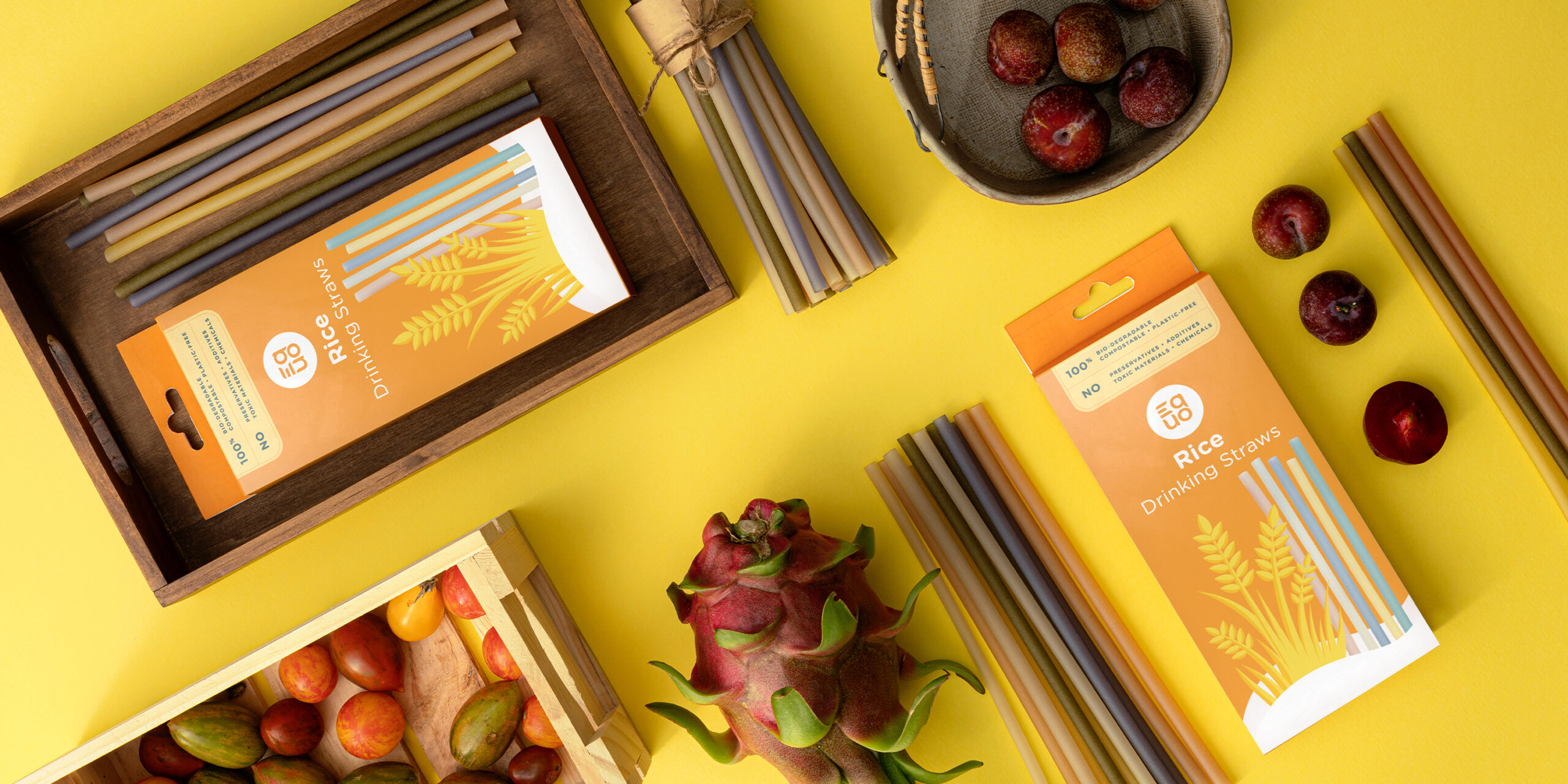By Marina Tran-Vu, CEO & Co-Founder, EQUO –
As a category and topic, sustainability can be difficult to navigate – there are so many things out there telling us what is good or not good to do, what is green or greenwashing.
Being inundated with information, it can be hard to figure out where to start.
Worse?
Sustainability is usually seen as an action that requires additional effort, work, time – things most of us can’t spare in our busy lives.
Getting back to the basics and simplifying things can help reset this.
A Replenishing System
At the core of a sustainable society is to understand what defines it.
Sustainability itself means a self-replenishing system – in other words, a circular economy.
A circular economy works on a spiral-loop system that minimizes matter (waste), energy flow and environmental deterioration without limiting economical and social development. This economy balances sustainability with the needs of the economy.
Waste Management
Now when we talk about sustainability the first conversation usually starts with waste management. Being aware of how much waste we’re producing and trying to minimize it as much as possible are the easiest ways to jumpstart one’s sustainable journey.
Most of our waste ends up in landfills and in the ocean, with a small outlying portion being recycled or composted properly. Sorting out waste into categories can not only help us monitor our waste output, but can curb the pressure put on the system to dispose of it correctly.
Pay attention to the labeling of your favorite products and see if it is recyclable, biodegradable, or compostable.
For example, with EQUO straws – you can use them once and then put it in to your compost – one less item in your trash bin!
Biodegradable or Compostable
Speaking of biodegradable and compostable, here is a small tip to differentiate these two.
Some items can be biodegradable, but not compostable.
Biodegradable products simply mean they can break down in to smaller parts, but anything that has compostable labelled on the packaging means that it will break down in to organic compounds that can go back in to the earth without any toxic residuals.
Unlike compostable items, certain biodegradable products can take several years to break down and in some cases even leave toxic waste behind.
Take note, technically paper and plastic are biodegradable but can break down in to smaller chemical compounds or something we’ve heard a lot about – microplastics.
Start!
Living sustainably can be confusing, but the most important thing is to start!
Remember that each small action we take can have a huge impact on Mother Earth, and sometimes just starting to use more greener products is already a step in the right direction!

To read all the articles on EQUO on Sustainable Vietnam, click on:
- More than just straws
- Do we have to sacrifice to be sustainable?
- Skip the lectures!
- Understand your waste – recyclable, biodegradable or compostable
All views and opinions expressed on this site are those of the individual authors and comments on this site are the sole responsibility of the individual contributor.

